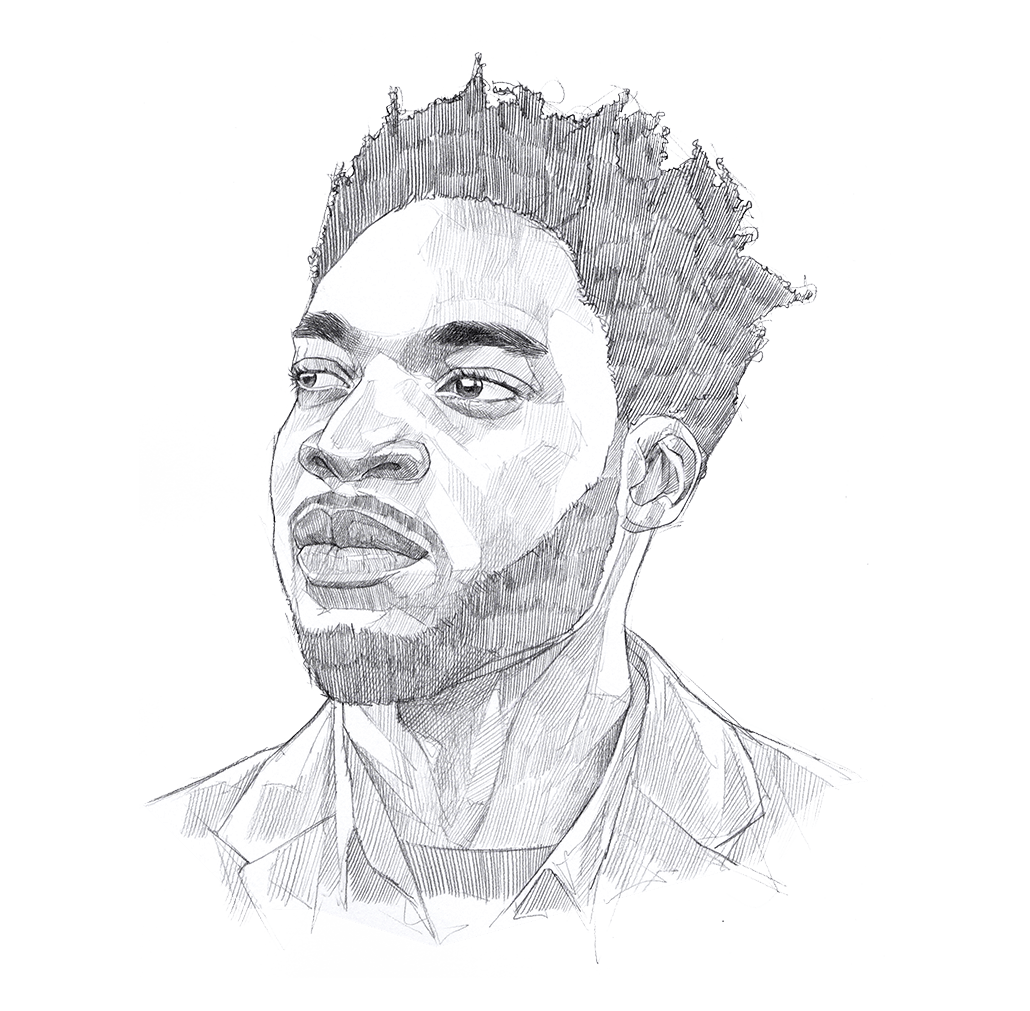A whole different toxic masculinity issue
If the example is a girl got me drunk one night and took advantage of me, or sexually assaulted me, for me to come home and tell my teammates that, they might be like, “Shit, what are you complaining about? What's the issue?” And again, that's a whole different toxic masculinity issue. But it's the reality in our lives as Black men. Even if I kind of felt violated by the girl, I would probably take that on the chin or, you know, find a way not to let that come out, because of the amount of embarrassment. Or it'd be more of a joke as opposed to “shoot, let me really think and try to help this man.” There might be some people that would [answer that way], but the majority would be like, "What the hell, bro?"
Recommendations
-
Consider how a student's identities might affect their expectations and concerns when accessing supports following a sexual assault, or when involved in a sexual assault investigation.
-
Including male students across cultures in discussions of sexual violence, gender stereotypes, and stereotypes of masculinity.
-
Ensure all sexual violence prevention and response education and training opportunities actively deconstruct victim-blaming, rape myths and gender norms. Ensure these sessions take an intersectional approach to understanding sexual violence and supporting victim/survivors.
-
In education and awareness campaigns, highlight the fact that a significant percentage of men have experienced sexual violence in their lives.

